Kiosk definition & meaning
The kiosk definition & meaning have evolved significantly over time, reflecting changes in technology and user needs. Traditionally, a kiosk referred to a small, freestanding structure found in public spaces, used for selling goods or providing services like ticketing or information distribution. These basic kiosks were typically manned and served as convenient points for quick transactions, such as buying newspapers or snacks. However, with technological advancements, the concept of a kiosk has transformed, expanding into sophisticated, digital, self-service terminals that are integral to modern life.
Historical Evolution: The evolution of kiosks from simple structures to advanced digital devices marks a significant shift. Initially, kiosks were simple booths or stands, but as technology progressed, the need for efficiency and automation grew, leading to the development of digital kiosks. Today, kiosks are not just physical structures but highly interactive devices equipped with touchscreens, computers, and various peripherals like card readers and printers.
Composition: Modern kiosks are composed of both hardware and software components. Hardware typically includes a touchscreen interface, a processing unit, secure enclosures, and peripheral devices like scanners, printers, and card readers. On the software side, kiosks run specialized applications that enable tasks such as payment processing, information retrieval, and order placement. These systems are often connected to the internet or internal networks, allowing for real-time updates and remote management.
Types of Kiosks: There are several types of kiosks, each designed for specific functions. Self-service kiosks are common in retail and hospitality, enabling customers to place orders or make payments. Information kiosks provide users with easy access to data, such as maps or event details, in places like malls or airports. Healthcare kiosks assist with patient check-ins and data collection in medical facilities, while payment kiosks are used for bill payments in public spaces.
Applications: Kiosks have found applications across various industries. In retail, they streamline checkout processes and enhance customer service by allowing self-service options. In hospitality, kiosks help with self-check-ins at hotels or ordering at quick-service restaurants. Healthcare facilities use kiosks to manage patient information and reduce administrative burdens. Transportation hubs deploy kiosks for ticketing and information dissemination, improving the travel experience.
Benefits and Advantages: The benefits of kiosks are manifold. They improve operational efficiency by reducing the need for staff, minimize human error, and offer 24/7 availability. Kiosks also enhance customer experience by providing quick and easy access to services, reducing wait times, and offering a user-friendly interface. Additionally, they are cost-effective in the long run, as they reduce labor costs and can serve multiple functions simultaneously.
Purchase and Customization Guide: When purchasing and customizing a kiosk, several factors must be considered. Businesses should determine the specific needs that the kiosk will fulfill, such as payment processing, information distribution, or ticketing. Customization options may include choosing the right hardware components, such as touchscreen size and type, as well as software that integrates seamlessly with existing systems. It’s also important to consider the kiosk’s design and branding to ensure it aligns with the company’s image.
Future Trends: The future of kiosks lies in further integration with advanced technologies. Artificial Intelligence (AI) is expected to play a significant role in making kiosks smarter, enabling personalized customer interactions and more sophisticated data processing. Internet of Things (IoT) integration will allow kiosks to communicate with other devices, creating more connected and efficient systems. Additionally, kiosks are likely to become even more versatile, serving as multifunctional hubs that can adapt to various tasks and environments.
In summary, the definition and meaning of a kiosk have expanded far beyond their original form, evolving into versatile, technology-driven devices that play a crucial role in modern service delivery. From simple booths to advanced digital terminals, kiosks have become essential tools across industries, offering numerous benefits and adapting to the changing needs of businesses and consumers alike.

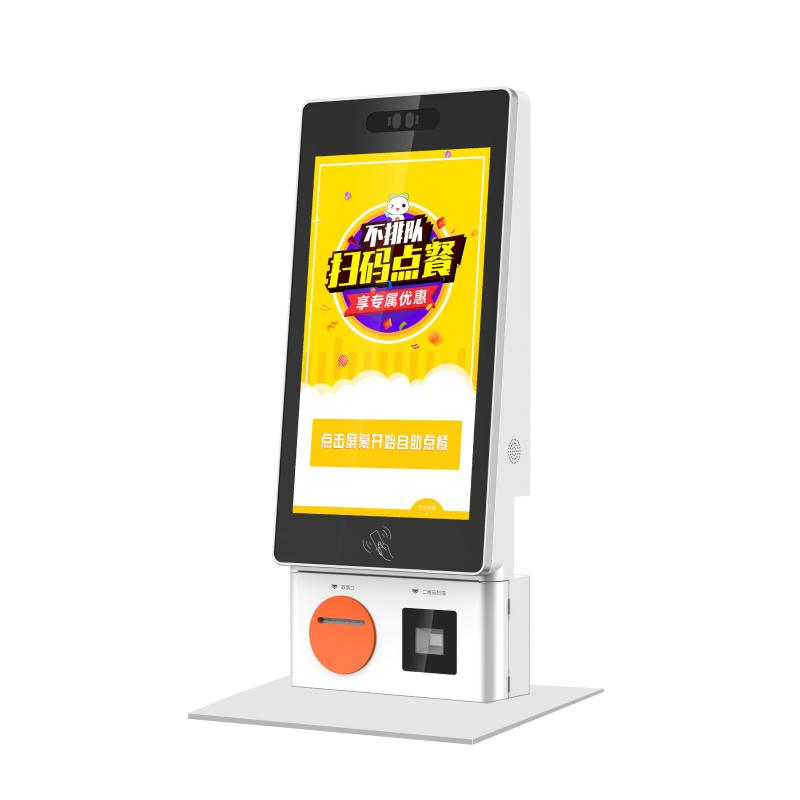
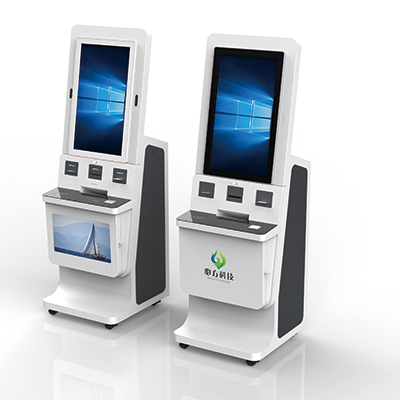
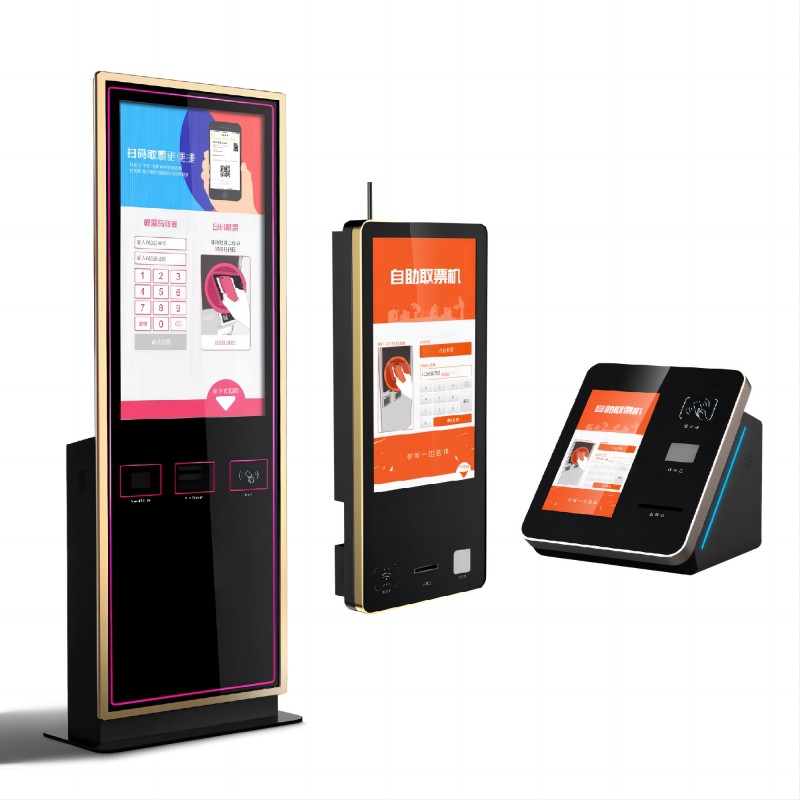
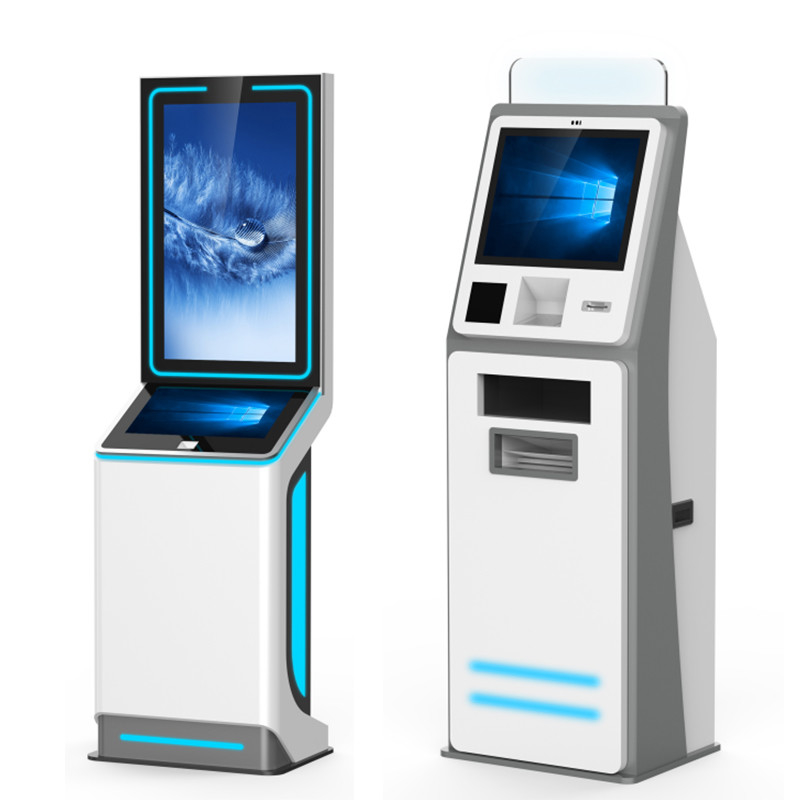
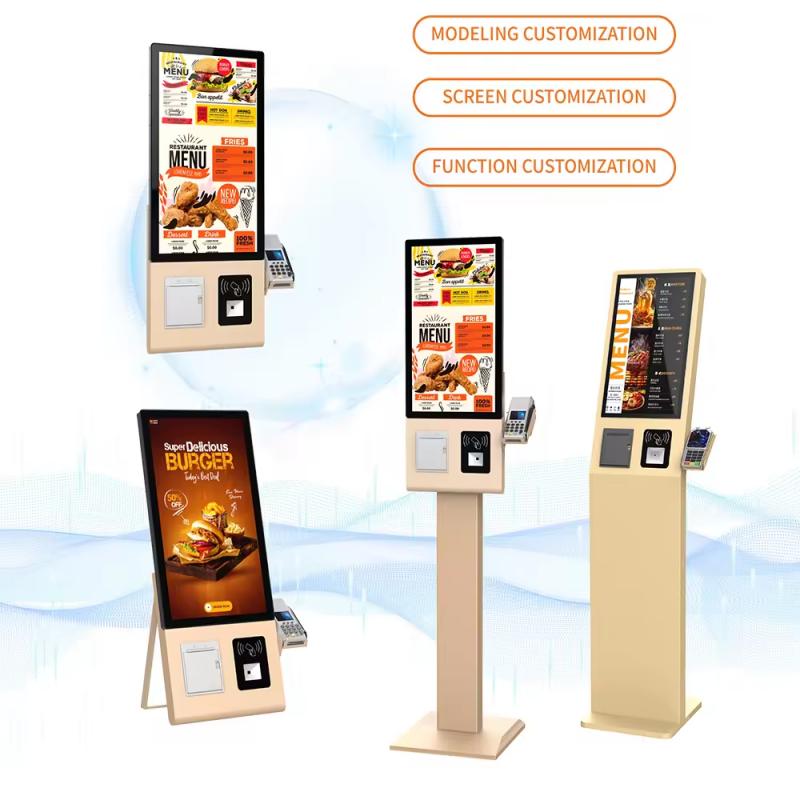
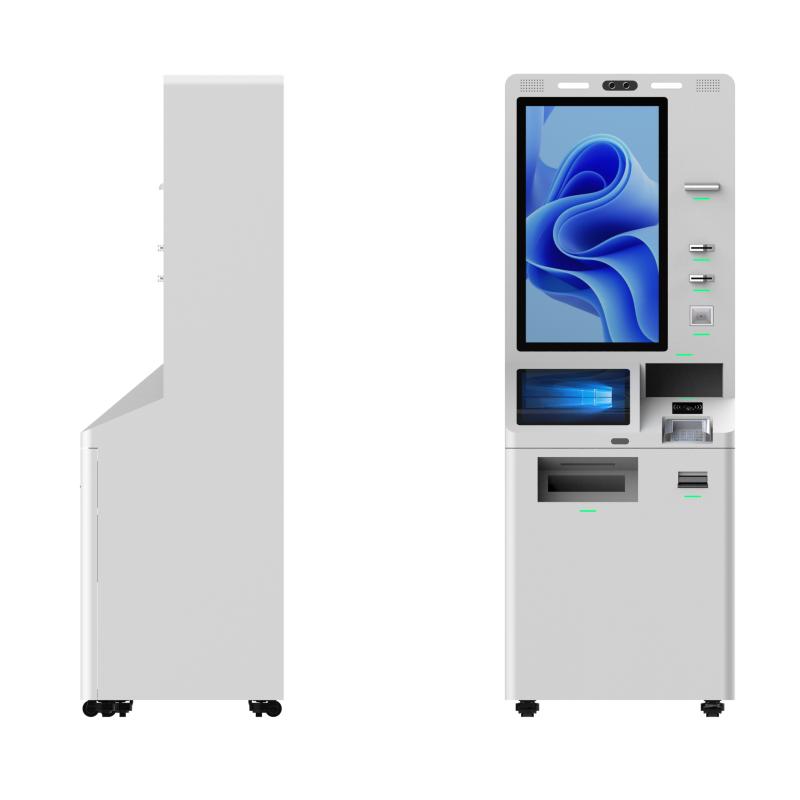
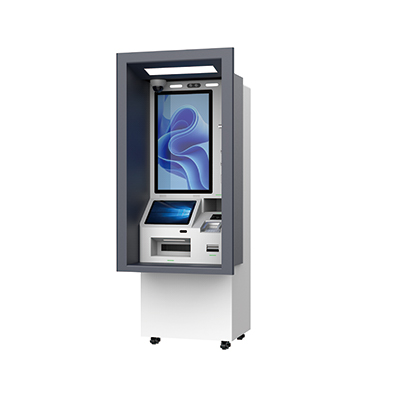
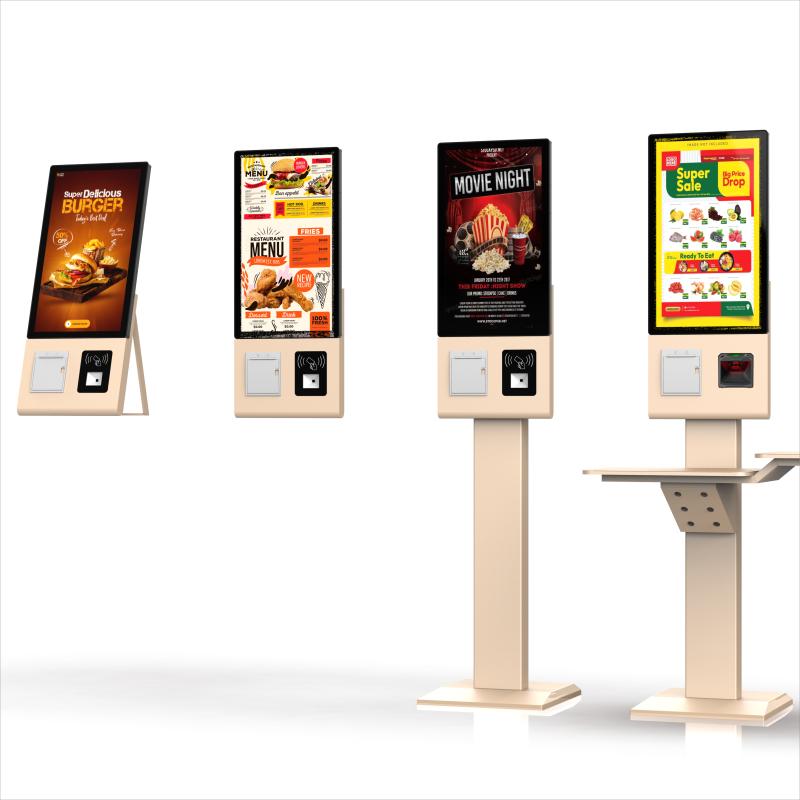
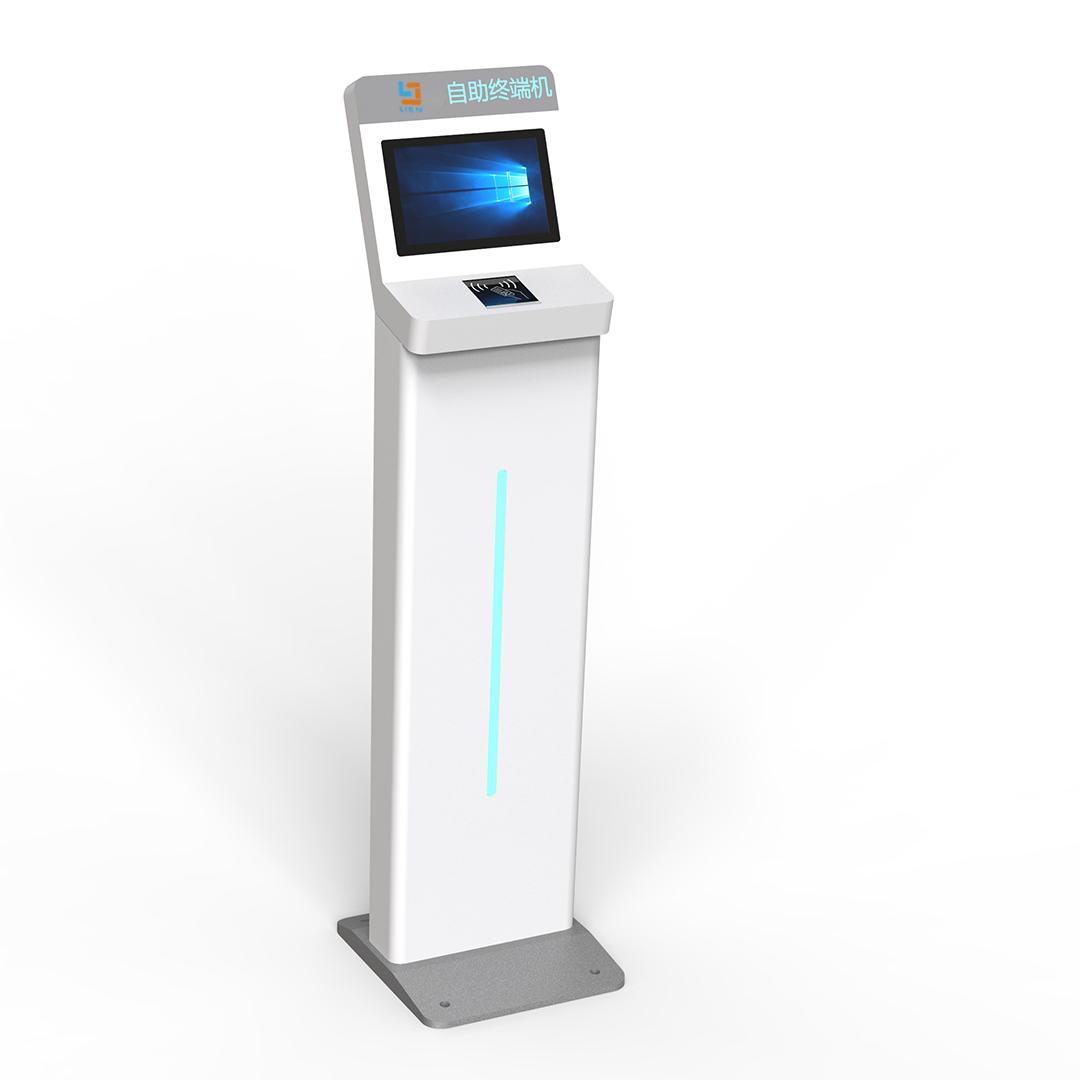
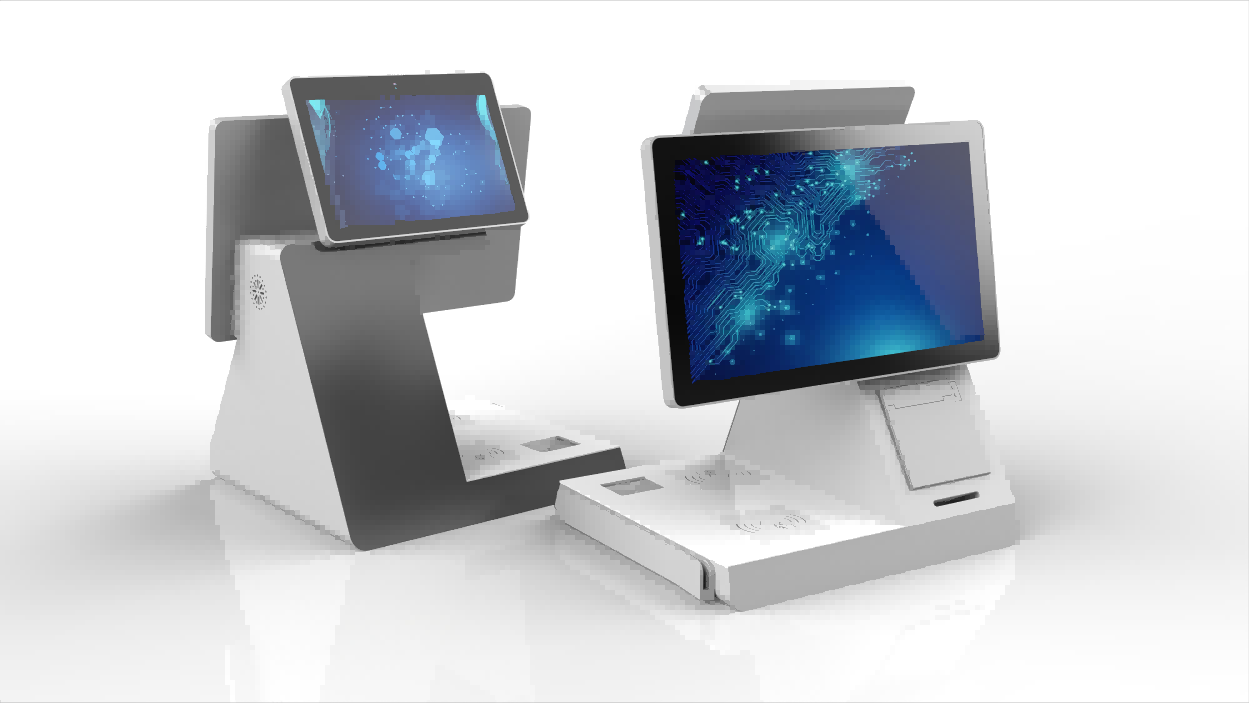
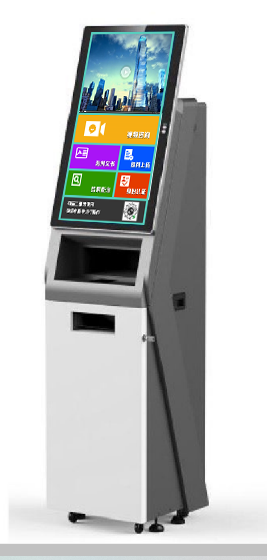
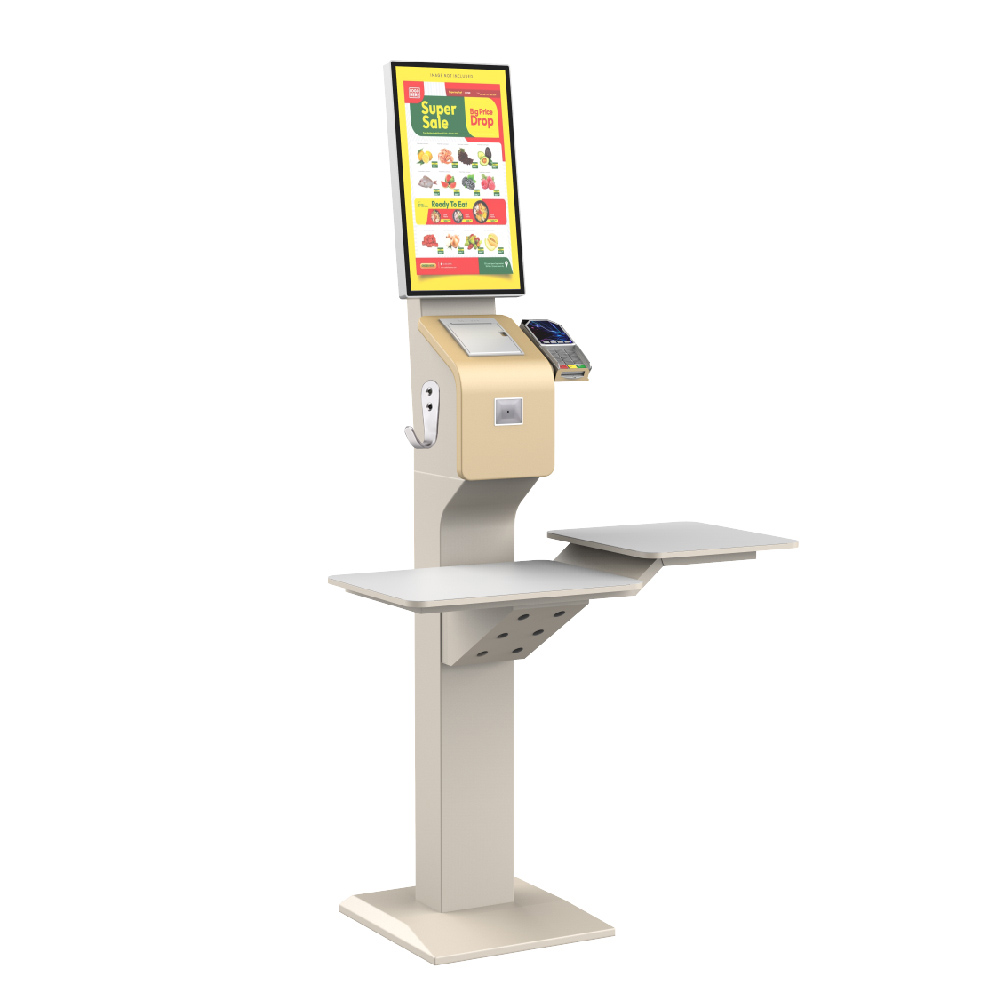
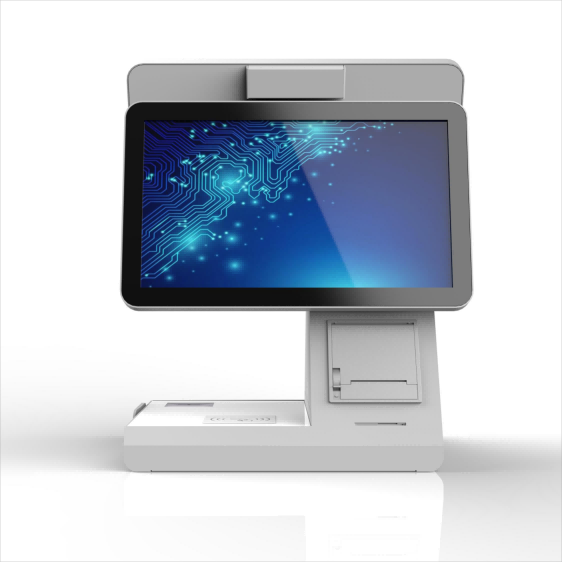
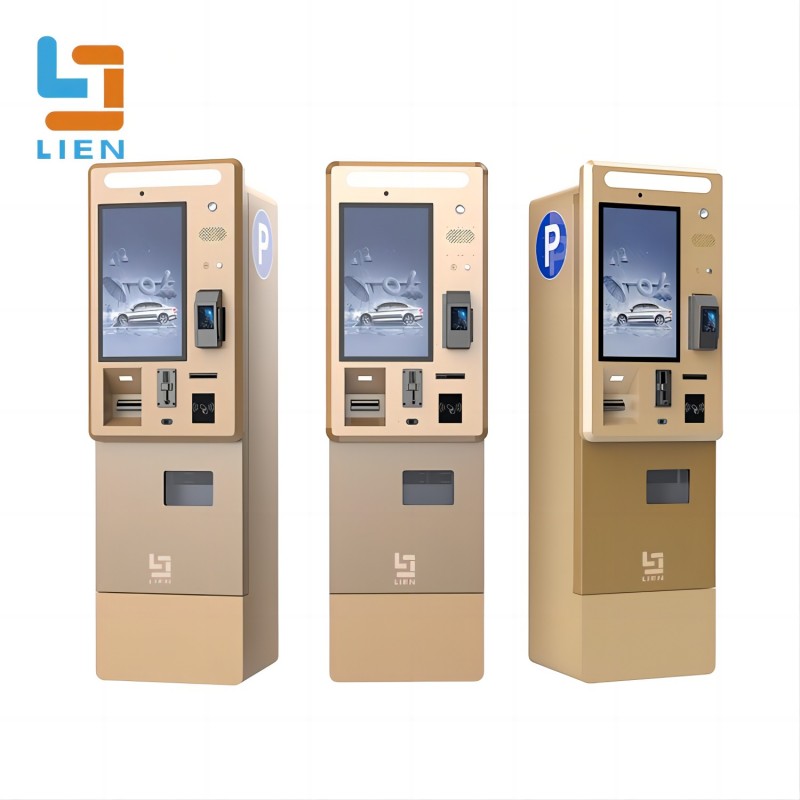
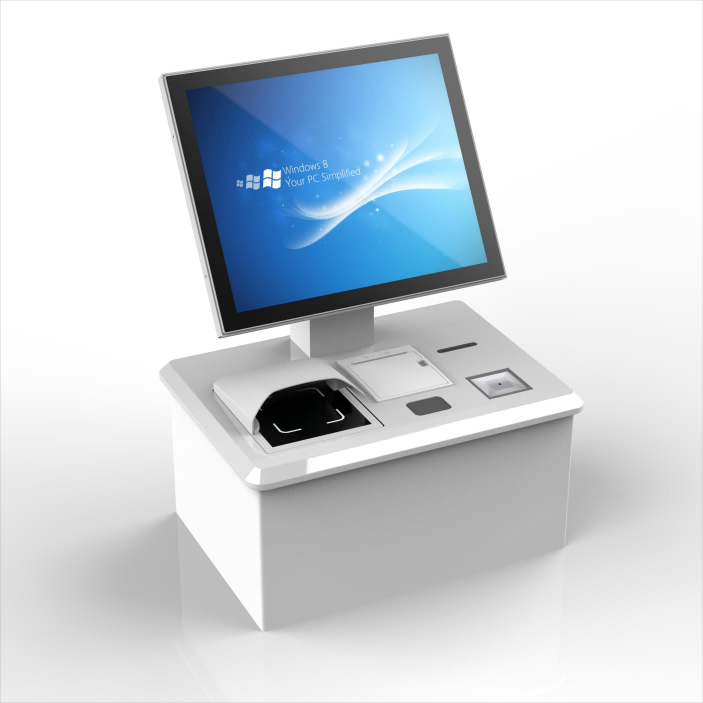
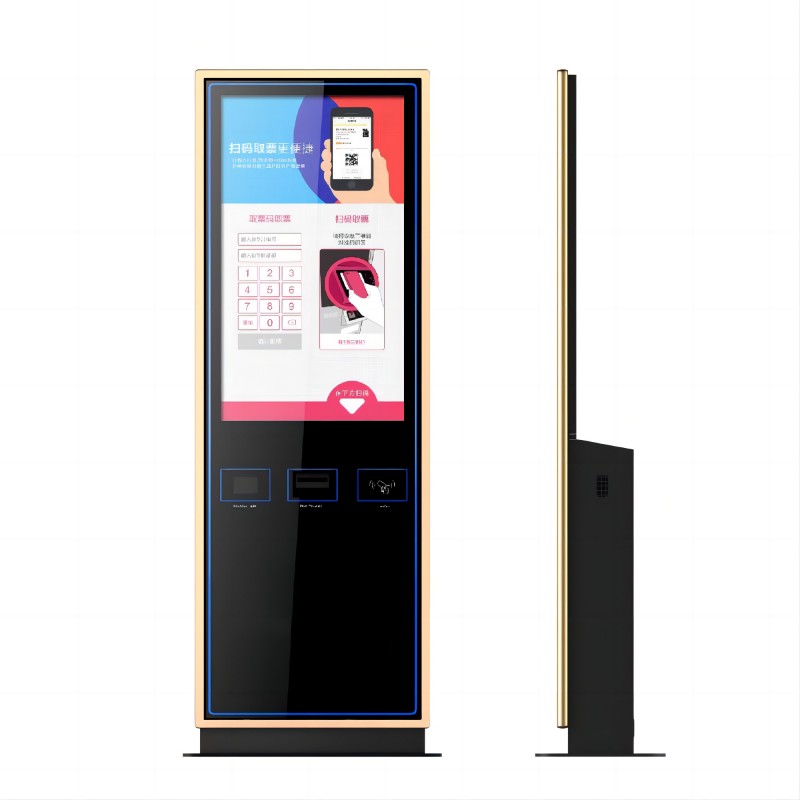
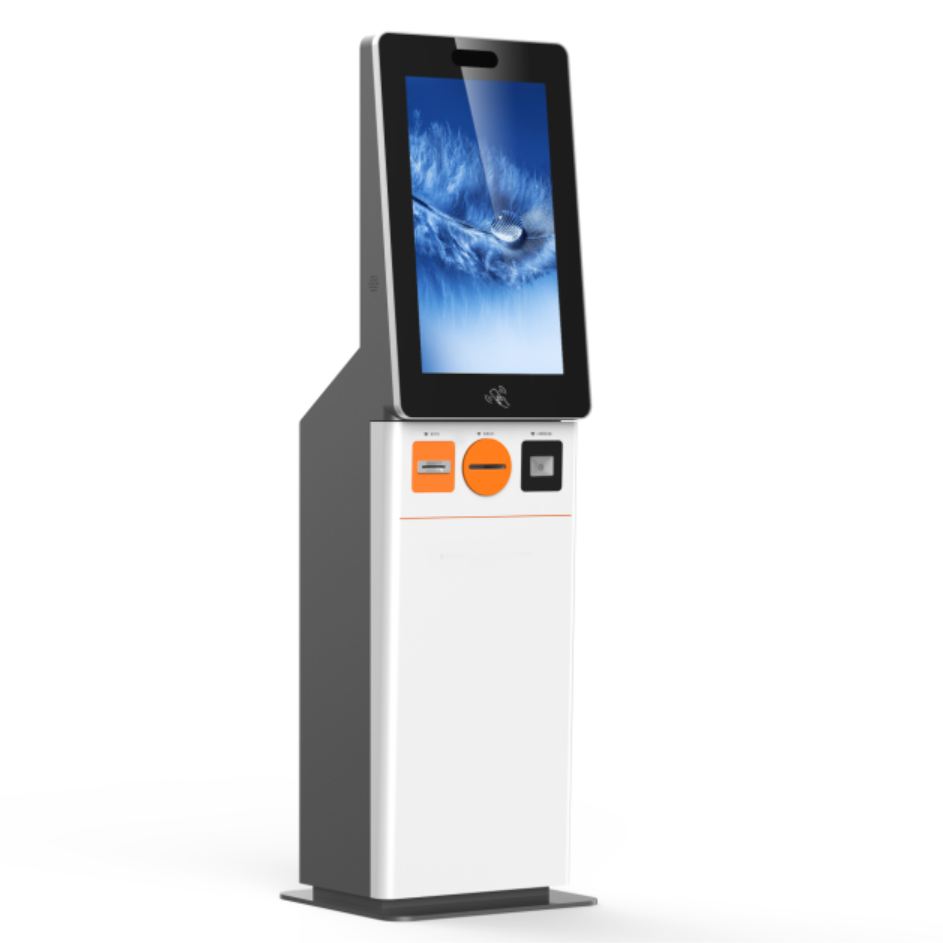
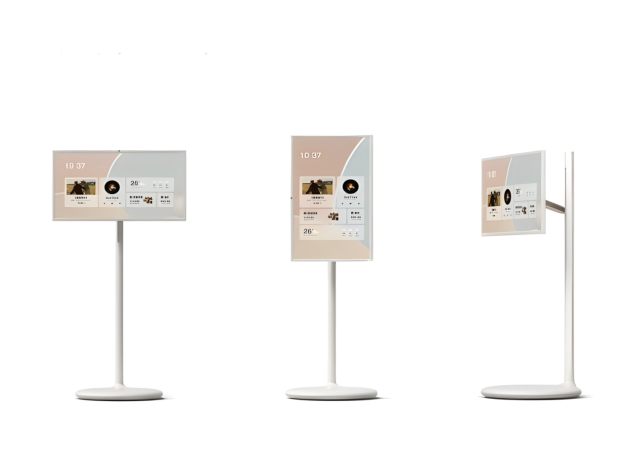
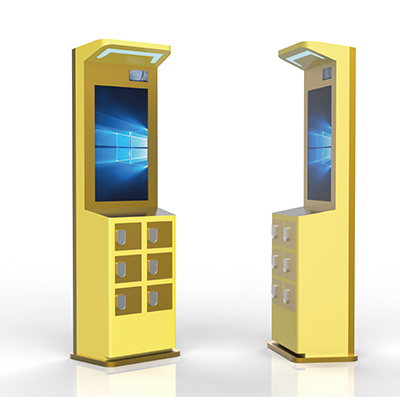
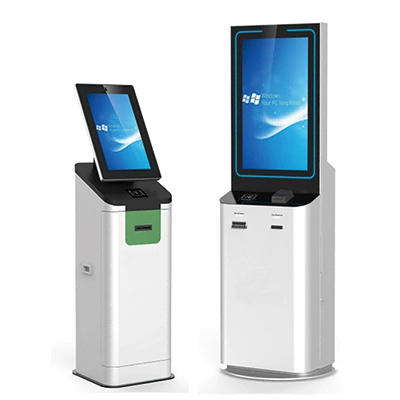
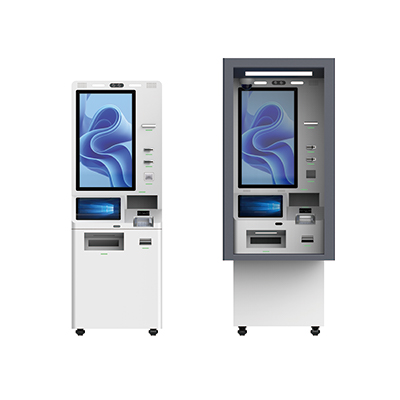
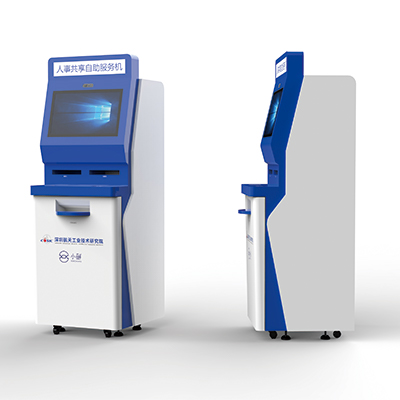
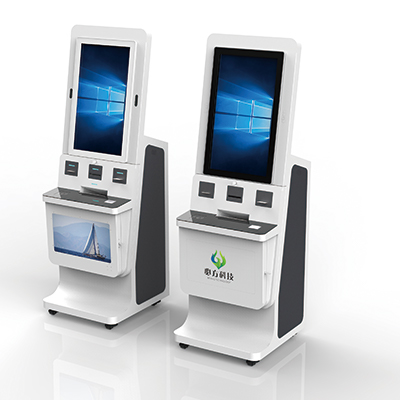
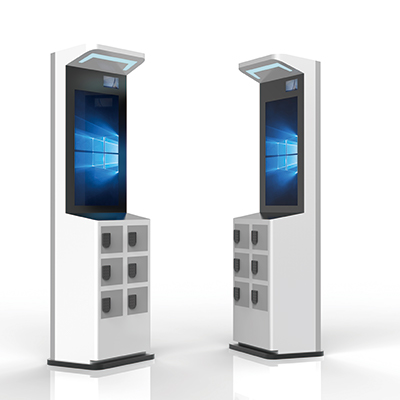
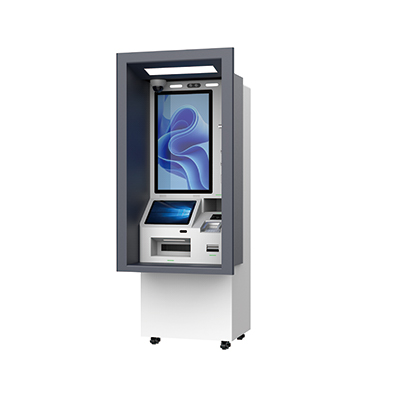
What did our happy clients say?
The kiosk definition provided by kiosk manufacturer of Lean Kiosk System truly reflects a deep and comprehensive understanding of the kiosk industry. It covers every aspect, from historical evolution to modern applications, showcasing a level of expertise that's unmatched.
As a kiosk manufacturer, we highly appreciate the detailed and professional analysis of the kiosk definition. This explanation captures the essence of what makes kiosks indispensable in today's world, reflecting a profound industry knowledge.
This kiosk manufacturer's definition of kiosk is impressively thorough, highlighting the technical, functional, and practical aspects that make kiosks essential. Their insights are invaluable for anyone looking to understand the true potential of kiosks.
The level of detail in this kiosk definition demonstrates a remarkable grasp of the kiosk machine industry's intricacies. It's clear that this kiosk manufacturer has a deep and well-rounded understanding, making their recommendations highly trustworthy.